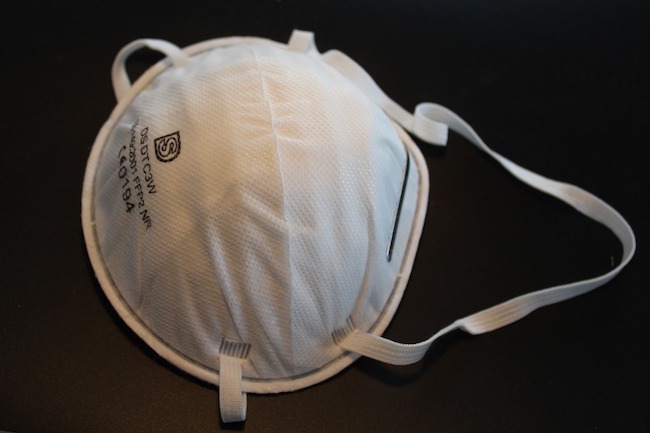100% Failure: Research on Masking Kids by for Med Page Today
Prasad calls out the dearth of large, empirical studies on benefits versus risks
Last week, a study in JAMA Pediatrics created consternation. The study took 45 kids (ages 6 to 17) and asked them to wear a mask. It measured rates of CO2 inside the mask. The rates were high, and inversely related to age: the youngest kids appeared to have the highest CO2 concentration.
Criticism came immediately. One thoughtful observer pointed out that as children draw breath in, only a tiny fraction is from inside the mask (where it may be at a higher CO2 level). The rest of the air is pulled through the mask, and the CO2 will be diluted with room air in the lungs. There were many more objections raised (some legitimate), and the usual calls for retraction.
However, both the paper and the critics miss the point: Should kids be required to wear a mask and, if so, when?
It is a simple question, but it divides public health authorities. The World Health Organization (WHO) advises against masking kids under the age of 5, and only masking 6- to 11-year-olds under some circumstances. The CDC advises masks be worn by any unvaccinated individual over 2 years old in indoor public spaces. This means the WHO and CDC are in diametric opposition on the decision to mask kids ages 2 to 4 in daycare or other public settings. Who is right?
The truth is there are potential benefits to masking kids, and potential risks. The biggest potential benefit is the possibility of reduced SARS-CoV-2 acquisition and transmission. The potential risks include concerns about normal language acquisition, speaking, and development. At very young ages (<2 years old) or while sleeping, there may be risks of suffocation, which both the CDC and WHO acknowledge.




